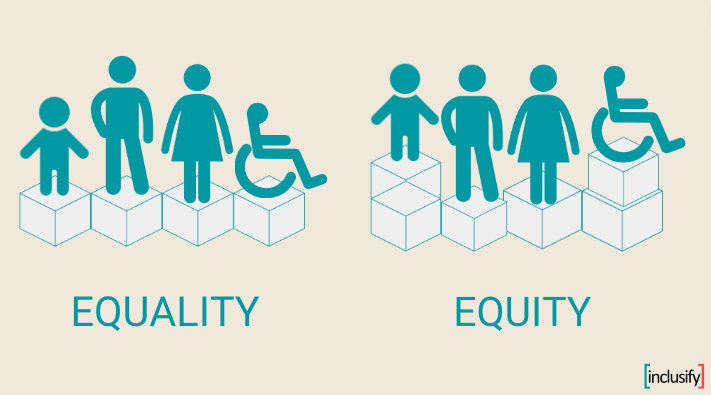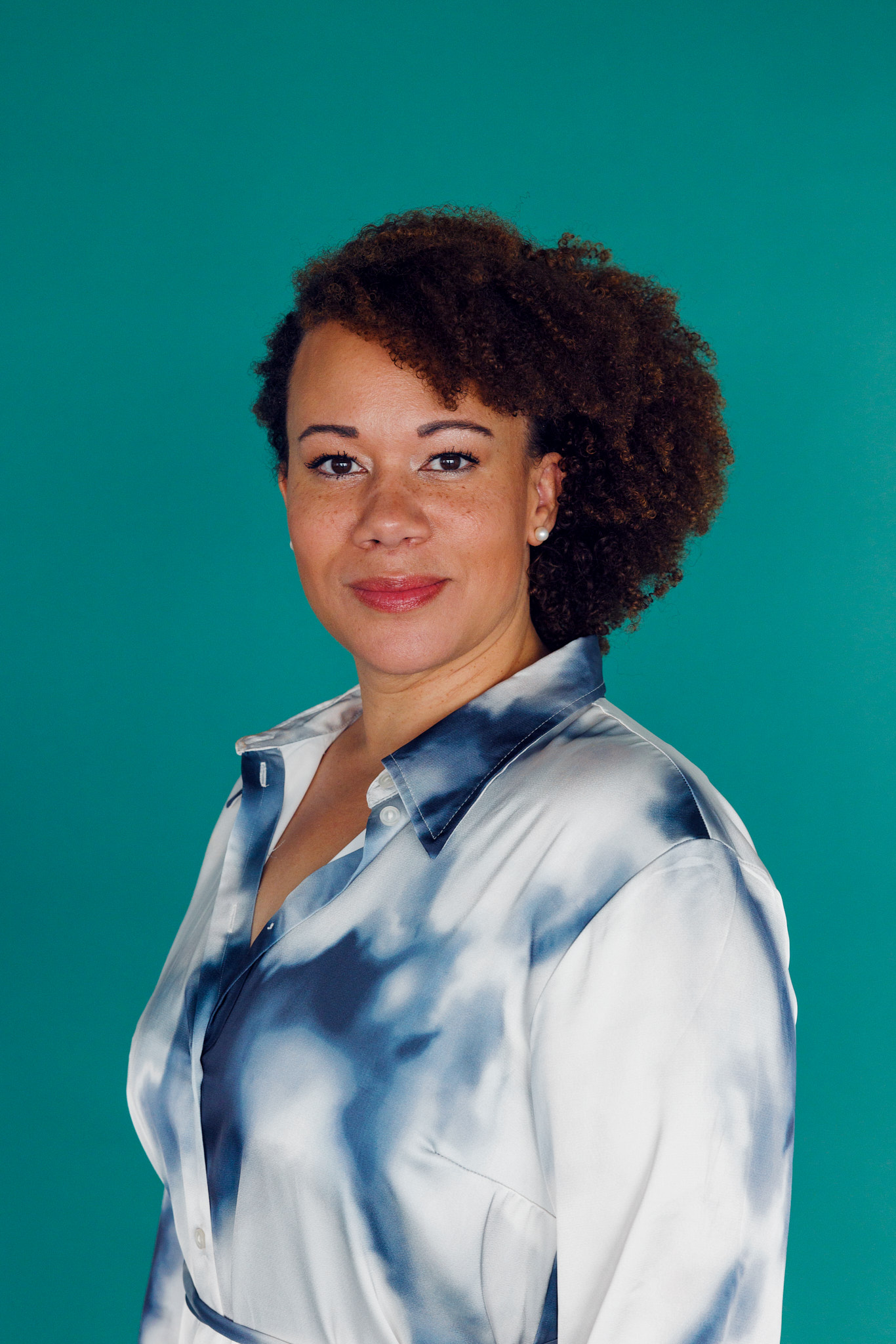How do you create a workplace where all employees have equal opportunities to develop - even if they have different needs? Here we try to answer that question using the concept of equity as a starting point.
In the field of diversity and inclusion, we work with the concept of equity. This means that we need to offer employees something different if they are to have equal opportunities to develop in their working lives. We are not the same, and therefore we should not be offered exactly the same opportunities or forms of support if we want to achieve equity and equality in the workplace.
What is the difference between equity and equality?
Equity is not the same as equality.
Equality means treating everyone the same and giving everyone the same resources and opportunities. This is the concept that our legislation and HR approaches are most often based on.
Equity, on the other hand, takes into account that some groups face (visible and invisible) systemic barriers that create inequality both in society and in the workplace. With an equity approach, we therefore distribute resources and opportunities in a way that takes these inequalities into account to create real equality. And this places unique demands on both HR and leadership in any organization.

Why is it important to understand the concept of equity?
It's important to understand and embrace the concept of equity in the workplace because it is the foundation for creating better and fairer opportunities and outcomes for all employees. The equity approach ensures that no one is discriminated against or excluded because of their background or identity.
When a company actively works to create equal opportunities, it makes room for diverse talent to thrive. And it creates an inclusive work culture where all voices are valued. In addition, an equity approach reduces the risk of (unconscious) bias in decision-making processes by focusing on actual performance and potential rather than prejudices.
Three actions you can implement right away
Adopting an equity perspective doesn't have to require a lot of effort and slow processes in your organization. We've put together three actions you can take right away:
1. Speak the same language
Has your company decided that you speak English in the workplace to include non-Danish speaking employees? Then it's important that you follow through.
Because if employees don't have a common language, groups of people can form who speak a language that other employees are excluded from.
If employees switch to Danish because they feel uncomfortable speaking English in a professional context, send those employees who express a need to a language course to strengthen their language skills and confidence when interacting with others where necessary.
Because it's important that employees speak the same language - it gives everyone equal access to participate in meetings, discussions and decision-making processes. And it makes it easier to collaborate across departments, levels and backgrounds.
2. introduce flexible working hours
Traditional working hours can favor some employee groups and discriminate against others. All employees have different lifestyles and therefore different needs. By introducing flexible working hours, you give employees the opportunity to adapt their working day to their individual preferences.
At the same time, you increase your ability to attract a more diverse pool of employees who may not be able to work within a traditional framework - for example, people with disabilities, older employees or those with other commitments that require flexibility.
3. Make the invisible visible with the Sunflower Program
One in four Danes live with an invisible disability. This can be anything from mental illness, ADHD and autism to dyslexia, visual impairment or hearing impairment. For people with invisible disabilities, everyday life can be more demanding and they may need more help, support or patience.
By participating in the Sunflower program, you give employees with invisible disabilities the opportunity to make the invisible visible in a discreet way. And other employees can more easily take the necessary considerations into account. Read more about the Sunflower Program here.
For advice on how to bring an equity perspective to your business, contact us here:


